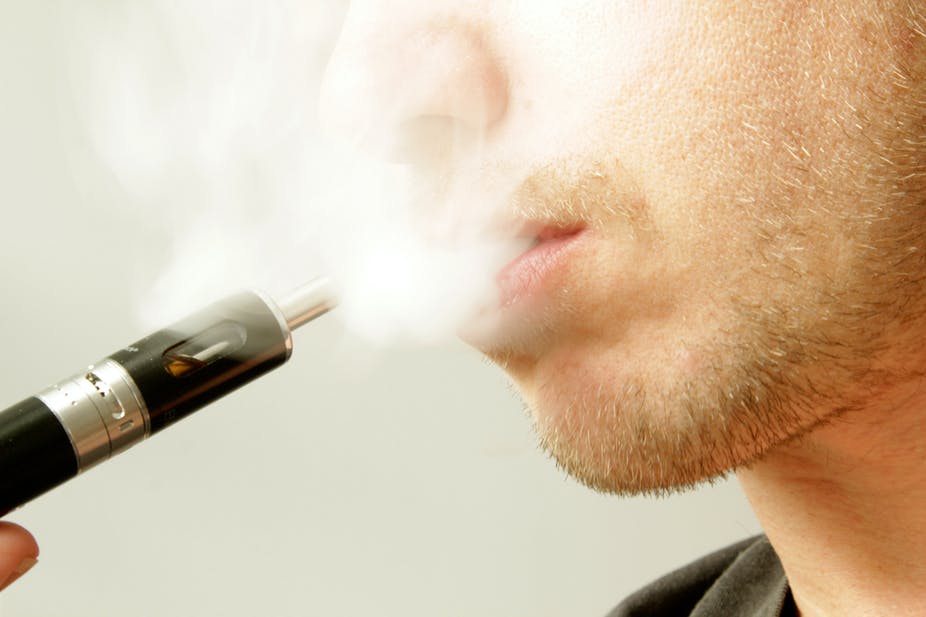As of July 1st, all imported nicotine products such as e-cigarettes, vapes, and all vape refills will be effectively banned for the next 12 months. This will allow the Therapeutic Goods Administration (TGA) to gain public consultation on the future of vaping in Australia.
On the new ban, people will no longer be able to purchase nicotine products for personal use, unless by a valid doctor’s prescription. This means, all purchasing from overseas suppliers will virtually cease, keeping the supply chain well within Australia.
This decision has been backed by the Royal Australian College of General Practitioners (RACGP) as the long term effects of these products are still unknown.
‘The long-term health effects of using e-cigarettes or “vaping” are unknown and public health experts have different views on whether they are effective as a smoking cessation tool,’ RACGP President Dr Harry Nespolon said in an interview.
‘This is not a smoking cessation aid that should be embraced by all smokers in the community, it is a last resort prescription for people who have already tried evidence-based smoking cessation options and not succeeded.’ he said.
This means under the new ban, prescriptions for alternative smoking products will only be given if all other smoke cessation methods have failed.
‘I urge all people who smoke to see their GP and explore the pharmacotherapy treatments available. This includes nicotine replacement therapy in the form of a patch, spray, gum or lozenge,’ Dr Nespolon said.

‘There are also effective drugs available such as Varenicline, which blocks the pleasure and reward response to smoking, as well as bupropion hydrochloride which reduces the urge to smoke and helps with nicotine withdrawal,’ he said.
The new ban will allow the TGA time to collect public submissions for the future regulations of all e-nicotine products in Australia. These regulations will come as an TGA amendment to the already existing Poison Standard.
This amendment would mean that all use of electronic nicotine devices would need a valid doctors prescription. The proposal will also be considered by the Ministerial advisory committee, with the final decision to be announced in early 2021.
Vaping has always been a contentious issue in Australia, as there have been conflicting reports on its effectiveness for quitting smoking. Some reports have deemed vaping a robust alternative to smoking, but the RACGP warns there has been gross misinformation circulating the use of vaping in Australia.
‘When we released our smoking cessation guidelines earlier this year it was unfortunate that our position on vaping was misrepresented by some pro-vaping organisations who claimed we were coming out “in support” of vaping,’ he said.
‘That is not the case – as I said at the time repeatedly, the RACGP does not endorse vaping. Our guideline’s conditional recommendation notes that it’s only a reasonable intervention in limited circumstances and that the long-term health effects are unknown. So we need to approach it with caution.’

These come with other concerns on how vaping will affect the community at large, especially its prevalent use with teenagers and young adults.
However, according to the Australian Tobacco Harm Reduction Association (ATHRA), it is unscientific and irrational to ban the use of vaping, as it is a far safer alternative to the deadly tobacco cigarette.
ATHRA states that vaping is 90% cheaper, and is likely to be no more than 5% of the risk of smoking. According to ATHRA, vapers are exposed to much fewer toxins and chemicals than normal smoking and experience substantial health improvements after switching from smoking. Additionally, vaping is thought to provide an ‘exit’ strategy for smokers, with studies suggesting it is twice as effective as patches or gum.
With these conflicting perspectives, it is hard to grasp whether the Australian Government and TGA is really attempting to curb the harmful effects of smoking, or whether it is a knee jerk reaction typical from our Australian officials.
